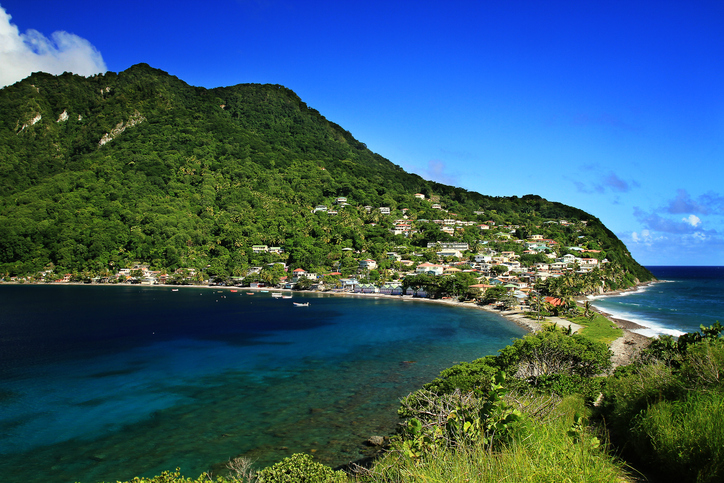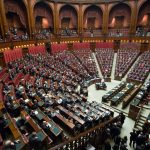
The economies of Caribbean islands are largely dependent on tourism. Take the idyllic island of Aruba, where travel and tourism contributes more than 88% of total GDP and the sector supports nine out of ten jobs. Losing this channel of income could be catastrophic for the emerging economies of Caribbean islands, but the increasing influence of climate change poses a real threat of this happening.
The need for genuine sustainable tourism has therefore never been more urgent. Fortunately, some islands in the region, such as Dominica, are a guiding light leading the way with sustainable development.
Dominica’s commitment to sustainability
As the proudly self-titled ‘Nature Island’, Dominica has more reason than most to work towards sustainability. Its vast natural resources, diverse wildlife and unique topography is as much an attraction to visitors as the easy way of living of its locals. But there is a balancing act to be perfect with small islands like Dominica. The more tourists that do arrive, the greater the natural environment suffers.
Mass tourism is at saturation point and many destinations have been forced to ban arrivals altogether. Thailand has indefinitely banned visits to Koh Tachai due to coral reef damage and pressure on its ecosystem. Environmental concerns have also forced Peru’s Inca Trail, Greece’s Santorini and Italy’s Cinque Terre to cap numbers of visitors.
Fortunately, Dominica is proving that tourist numbers and environmental impact do not have to be mutually exclusive. In fact, Colin Piper, CEO of the Discover Dominica Authority, has argued: “The long-term success and viability of the tourism sector is paramount to Dominica’s ability in achieving sustainable development goals.”
How Dominica are developing sustainable real estate
Dominica has put in motion their commitment to sustainability with a number of government-approved programmes. One of these is its citizenship by investment programme, where individuals can apply for Dominican citizenship provided they invest a significant amount of money into the country’s economy. Applicants must either invest in a Government Fund, which finances the sustainable development of the island’s infrastructure and the development of alternative energy sources, or in pre-approved real estate projects.
Many of the approved real estate projects are ecotourism developments designed support the island’s growing tourism sector while also helping to protect the natural environment. For instance, Jungle Bay Villas is a private real estate development which will create 120 new ecologically friendly villas. The property will be 100% sustainable, from the addition of solar panels to a gravity water feed for water collection.
Speaking of the benefits of citizenship programmes in sustainable development, Prime Minister Dr Roosevelt Skerrit said: “Hotels like Jungle Bay will stand the test of time whether CBI receipts are up or down. CBI funds will also be used to reduce national debt and build infrastructure.”
Dominica is safeguarding its economic future
Dominica has also become one of the first seven destinations to participate in the new Sustainable Destinations Alliance for the Americas (SDAA), supported by Royal Caribbean Cruises Ltd’s Ocean Fund. The initiative is designed to help islands like Dominica harness the power of tourism to safeguard both its natural ecosystems and its economic future. It aims to do this by encouraging those in the tourism market to embrace responsible management practices while providing authentic travel experiences.
Rich Pruitt, Vice President of Royal Caribbean Cruises Ltd, praised the programme, claiming: “We want to see unique, beautiful destinations like Dominica thrive, and are committed to collaborating with the organizations that can work to move these destinations toward greater sustainability.”
Through initiatives like SDAA, Caribbean islands like Dominica can look forward to a future of sustainable travel that not only provides a strong economic platform, but also protects its natural riches for future generations.












